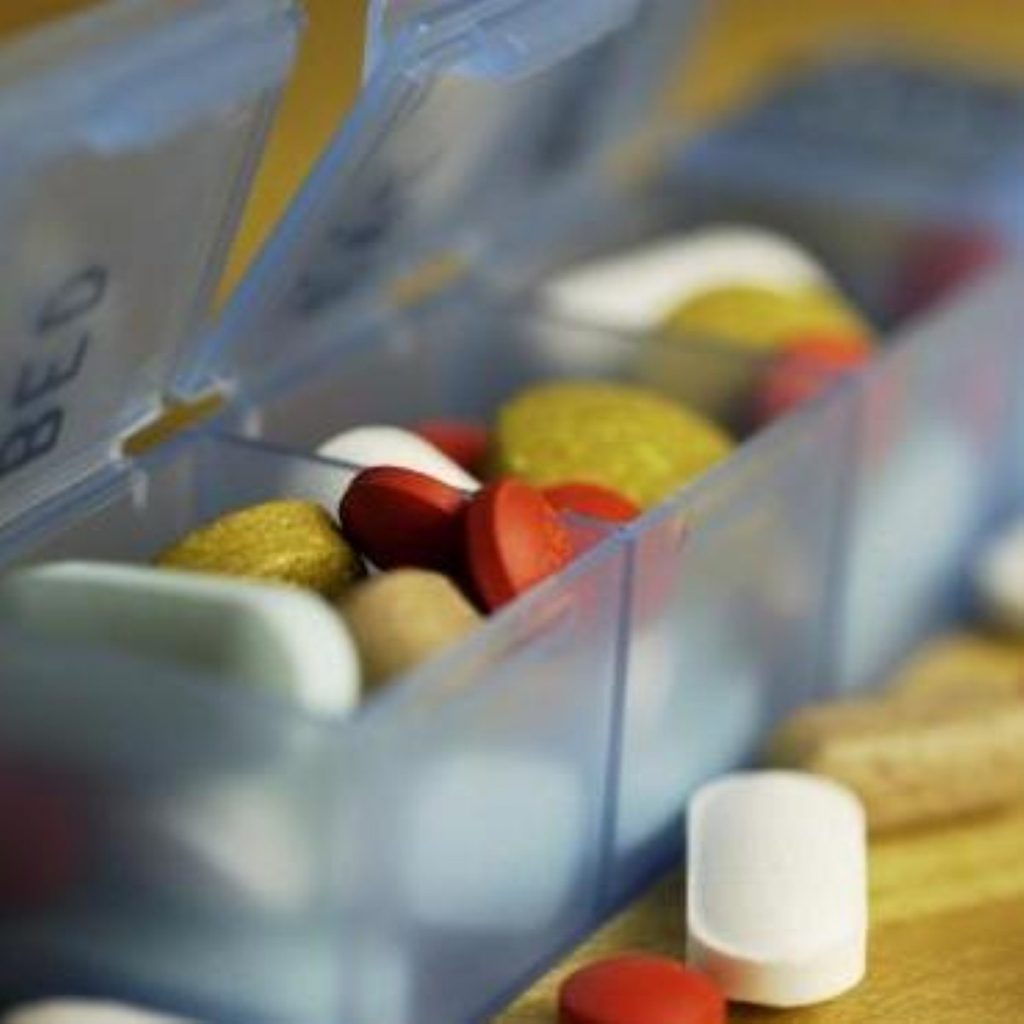NHS charges system ‘a mess’
Charges imposed for prescriptions, sight tests and dentistry on the NHS are a “mess” and must be reviewed if not scrapped altogether, a committee of MPs has warned.
The health select committee said the charges have developed without any “comprehensive, underlying principles”, and with no serious attempt to see how they have affected patient care.
The MPs also condemn the parking charges imposed by some NHS hospitals, which netted £78 million in 2004-05, saying patients who attend daily should not have to pay and there should be discounts for others needing regular treatment.
In addition, they warn the high cost of incoming calls to bedside phones, which stands at up to 49p a minute, are a “cause of anger and distress” and urges hospitals to reconsider their ban on the use of mobile phones in wards.


A Department of Health (DoH) spokeswoman said it would consider the committee’s recommendations carefully, but denied the prescription system was in a mess, saying that more than 87 per cent of all NHS prescription items were dispensed free of charge.
Charges have been imposed for prescriptions and dentistry for the past 50 years and on sight tests for the past 20, but today’s report says there has yet to be a proper attempt to assess the impact these charges have on patients.
International research suggests they can have a negative effect, with people less likely to visit the dentist or get their prescription in full to save money, the MPs note.
They also criticise the way the system of charges has developed, warning it is full of anomalies. For example, pensioners get free prescriptions and sight tests but must pay for dentistry, unless they receive help under the NHS low income scheme.
The report recommends the DoH carry out a review to establish the costs and possible benefits of abolishing all health charges; of introducing flat-rate prescription charges with no exemptions; or of introducing means-testing across the board.
It also warns that ministers must be prepared to charge for some treatments and services in the future, although it stresses those that are clinically necessary must be free and charges must be imposed in a way not to deter patients from seeking healthcare.
The committee suggests introducing charges for non-emergency visits to A&E departments, to encourage patients to use their GP’s out-of-hours service, or for patients who miss GP appointments.
“The system of NHS charges needs to change, but first we need to know how the charges interact with health,” said Labour committee chairman Kevin Barron.
“At present the evidence base in this country is not strong enough. One of our key recommendations is that this be addressed.
“In the short term, parking fees should be reduced – or eliminated altogether – for patients attending hospital regularly. It is unacceptable that people have to pay hundreds of pounds to attend for necessary treatment.”
On the issue of parking, the DoH spokeswoman said hospitals should be able to charge for parking, “but trusts should not fleece patients unfairly”.









